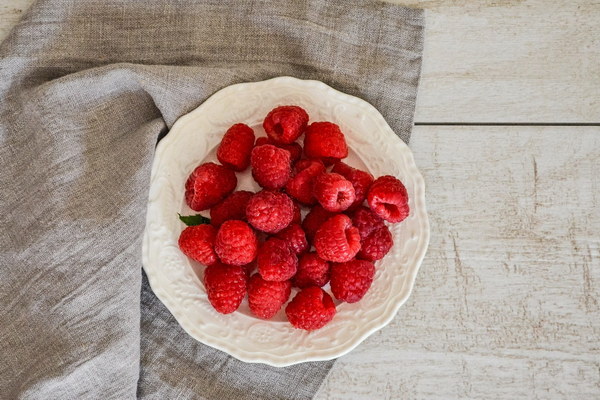Is It Healthy to Drink Herbal Tea Daily Exploring the Benefits and Considerations
Is It Healthy to Drink Herbal Tea Daily? Exploring the Benefits and Considerations
Herbal teas have long been revered for their health benefits and soothing properties. With a vast array of options available, from chamomile to green tea, many people wonder whether it's beneficial to incorporate herbal tea into their daily routine. This article delves into the advantages of drinking herbal tea daily, while also addressing potential considerations to ensure that it complements rather than hinders your overall health.
The Benefits of Drinking Herbal Tea Daily
1. Relaxation and Stress Reduction: Many herbal teas, such as chamomile and lavender, contain compounds that can help reduce stress and induce relaxation. Incorporating these teas into your daily routine may contribute to a more serene state of mind.

2. Digestive Health: Peppermint, ginger, and fennel teas are known for their digestive benefits. These herbs can help alleviate bloating, gas, and indigestion, making them excellent choices for those with sensitive stomachs.
3. Boosted Immunity: Herbal teas like echinacea and elderberry are often used to support the immune system. Drinking these teas regularly may help strengthen your body's defenses against illness.
4. Antioxidant Richness: Many herbal teas, particularly green and black teas, are rich in antioxidants, which can help protect your cells from damage caused by free radicals.
5. Weight Management: Certain herbal teas, such as green tea, have been shown to increase metabolism and promote fat oxidation, potentially aiding in weight management when consumed as part of a balanced diet and active lifestyle.
6. Improved Sleep Quality: Herbal teas like valerian root and passionflower are known to have calming effects that can improve sleep quality. Drinking these teas before bedtime may help you achieve a more restful night's sleep.
Considerations When Drinking Herbal Tea Daily
1. Allergies and Intolerances: If you have allergies or intolerances to certain herbs, it's important to avoid those specific teas. For example, those with ragweed allergies should steer clear of teas containing this ingredient.
2. Interactions with Medications: Some herbal teas can interact with medications, either enhancing or reducing their effectiveness. It's crucial to consult with a healthcare professional if you're taking any medications to ensure there are no adverse interactions.
3. Quality of Tea: The quality of herbal tea can vary significantly. Opt for organic or high-quality teas to minimize the risk of contamination and ensure that you're getting the intended health benefits.
4. Caffeine Content: While many herbal teas are caffeine-free, it's important to check the label, especially if you're sensitive to caffeine. Green tea, for instance, contains a moderate amount of caffeine.
5. Overconsumption: While herbal teas can be beneficial, excessive consumption can lead to unwanted side effects. It's important to drink them in moderation and listen to your body.
6. Personal Taste and Preferences: The most important factor in choosing an herbal tea is personal preference. If you don't enjoy the taste of a particular tea, it's unlikely to become a daily habit, which can diminish its potential health benefits.
In conclusion, drinking herbal tea daily can offer numerous health benefits, from relaxation to improved digestion. However, it's essential to consider personal health conditions, potential drug interactions, and the quality of the tea itself. By making informed choices and enjoying your herbal tea in moderation, you can harness its benefits while minimizing any potential risks.









